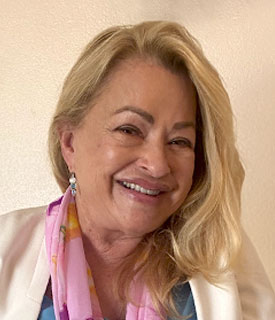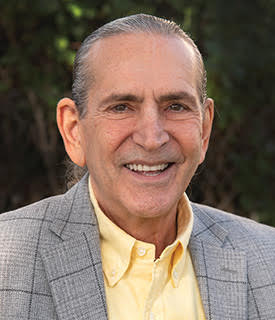Coming Home from War
After serving in the military, many look forward to coming home or having their loved ones come home. We might think that homecoming is filled with happy reunions, enjoying the things you loved and missed, and finally settling back into “normal life.” For some, this is true. Some of our veterans are able to adjust back into civilian life quite smoothly, but many will face some kind of difficulty with the transition. PTSD or Post Traumatic Stress Disorder usually occurs after one experiences some kind of trauma.
PTSD Statistics
PTSD isn’t limited to only veterans, but anyone who experiences any kind of trauma can experience PTSD. In addition, not everyone who experiences a “trauma” has PTSD. As individuals we all react, interpret, experience, and cope with trauma differently. Even the statistics of veterans who struggled with PTSD varies by tour, according to the US Department of Veteran Affairs:
- Operations Iraqi Freedom (OIF) and Enduring Freedom (OEF): About 11-20 out of every 100 Veterans (or between 11-20%) have PTSD in a given year.
- Gulf War (Desert Storm): About 12 out of every 100 Gulf War Veterans (or 12%) have PTSD in a given year.
- Vietnam War: About 15 out of every 100 Vietnam Veterans (or 15%) were currently diagnosed with PTSD at the time of the most recent study in the late 1980s, the National Vietnam Veterans Readjustment Study (NVVRS). It is estimated that about 30 out of every 100 (or 30%) of Vietnam Veterans have had PTSD in their lifetime.
What Does PTSD Look Like?
PTSD can manifest itself in many different forms and be specific to the trauma and individual. Common symptoms amongst our veterans include, but are not limited to
- Reliving the Event: Nightmares or flashbacks about the event.
- Avoiding Situations: Avoiding crowds, conversations, or even help that might make you talk about the traumatic event or remind of the situation.
- Negative Changes in Beliefs: Increased skepticism, lack of trust with others, and even distancing self from loved ones.
- Hyperarousal: Sensitivity to loud sounds such as doors slamming, fireworks. Wanting to sit in a corner in a room or restaurant to avoid surprises from behind and to surveillance all the entrances.
How to Get Help
Although it can be nerve-racking and stressful to think about getting help and having to address the ghosts from past tours, seeking professional help can greatly assist in getting back your life. New therapeutic techniques and advance technologies have been developed to help veterans specifically with their PTSD. Some might feel embarrassed or associate seeking help as a form of weakness, know that you’re not alone. Many struggle with PTSD as displayed by the statistics.
If you or a loved one struggles with symptoms of PTSD, please contact Crownview Medical Group to get in touch with a trained medical professional who can help based on individual needs.
























